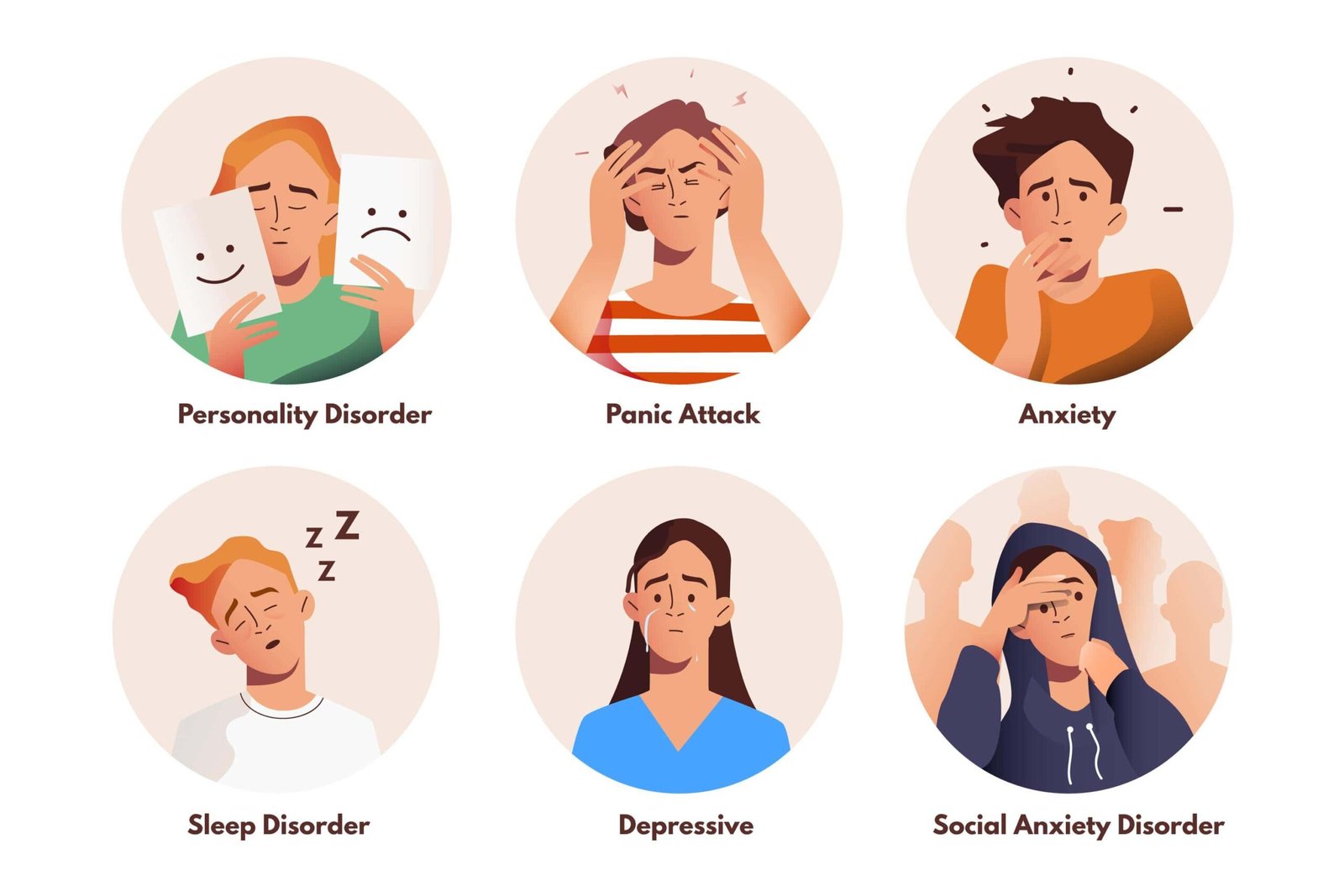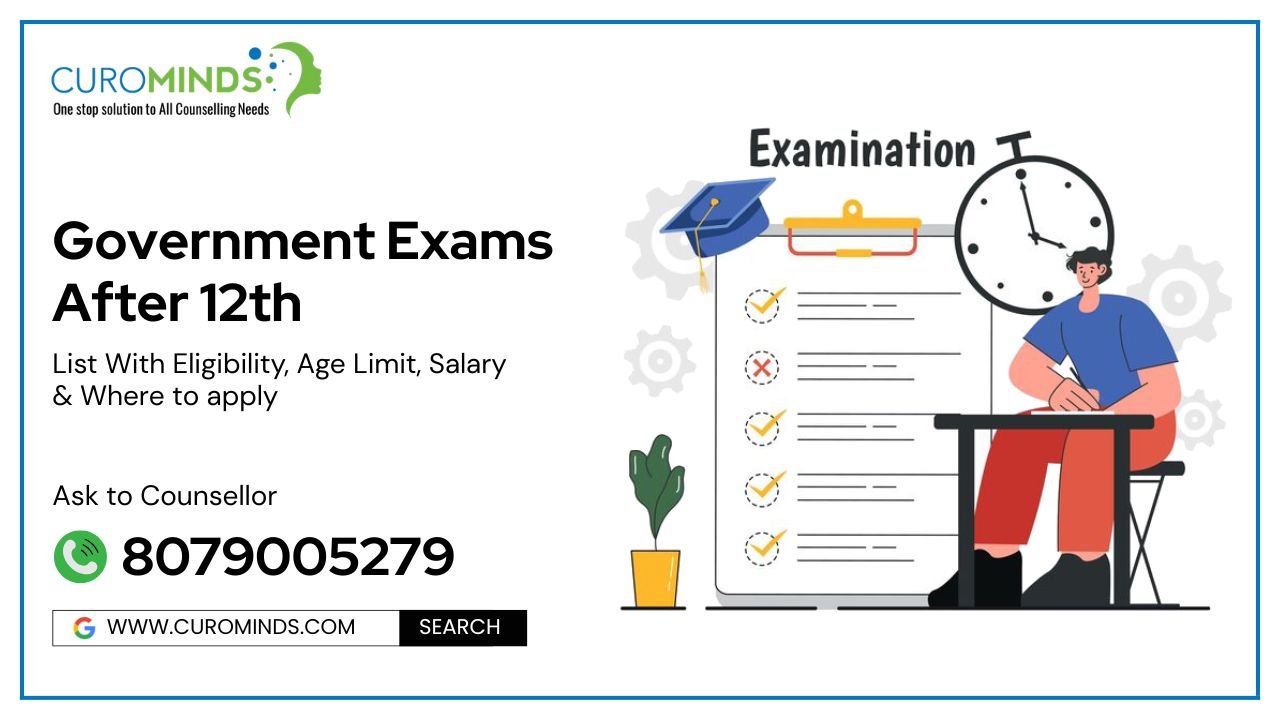Stress Counselling: Meaning, Benefits, Techniques, and How to Find the Right Counsellor
Estimated reading time: 8 minutes
Stress counselling is a structured form of support where a trained professional helps you understand your stress, figure out what’s triggering it, and learn practical ways to manage it. The goal is simple: to help you feel more steady, more in control, and less overwhelmed by daily pressure.
Most people in India look for counselling when stress starts affecting sleep, mood, work performance, or relationships. You don’t have to wait that long.
When Should You See a Counsellor for Stress?
If stress has become your default mode and you’re constantly trying to push through it, that’s already a sign. Most people delay getting help because they think “everyone is stressed,” but not everyone is struggling the same way.
Common signs you need stress counselling
- You get irritated easily or lose patience quickly
- Concentration feels harder than it used to
- You wake up tired despite sleeping
- The body feels tense most of the day
- You often ask yourself, Why am I feeling stressed all the time?
- You avoid conversations or tasks because they feel heavy
Physical symptoms that might need therapy
- continuous neck or shoulder stiffness
- frequent headaches
- stomach discomfort during pressure
- irregular sleep patterns
Emotional symptoms that need attention
- losing interest in daily activities
- feeling overwhelmed without clear reasons
- crying more often
- emotional numbness
If these stay for a few weeks, counselling helps you gain clarity before it snowballs into burnout or anxiety.
Why So Many People in India Seek Stress Counselling Now
Stress looks different depending on your stage of life:
- Professionals balancing deadlines, targets, and late-night calls
- Students juggling exams, competition, and identity pressure
- Couples navigating communication gaps or financial strain
- Young adults handling job uncertainty or family expectations
- Parents stretched thin between work and caregiving
Counselling works because it adapts to your situation instead of offering one-size-fits-all suggestions.
How Stress Counselling Works
- Understanding your triggers
You and the counsellor map what’s actually overwhelming you — workload, expectations, unresolved conflict, or long-standing habits.
- Breaking the stress cycle
Thought loops fuel stress. Techniques like CBT help you catch these loops early and shift them.
- Learning practical coping tools
This includes:
- grounding and breathing exercises
- better boundary-setting
- emotional regulation strategies
- structured problem-solving
- lifestyle adjustments that genuinely reduce pressure
- Building long-term resilience
The aim is not temporary relief but long-term stability. Sleep hygiene, routine design, and healthier communication play a big role here.
Evidence-Based Techniques Used in Stress Counselling
- Cognitive Behavioural Therapy (CBT)
CBT helps you examine patterns of thinking that magnify stress and replace them with more balanced, realistic thoughts. Research consistently shows CBT reduces stress symptoms.
- Mindfulness-Based Stress Reduction (MBSR)
MBSR uses guided awareness exercises to calm your body’s stress response. This method is widely used in medical and counselling settings.
- Talk Therapy
A counsellor helps you articulate feelings, understand emotional pressure, and clarify confusion.
- Relaxation Training
Guided breathing, grounding routines, and muscle relaxation techniques stabilise your nervous system.
Stress Counselling for Working Professionals
People working in fast-paced environments often deal with:
- long work hours
- deadline pressure
- unpredictable workloads
- demanding managers
- blurred work-life boundaries
Counselling helps them build structure, manage expectations, recover from burnout, and regain focus.
Stress Counselling for Students
Students face academic pressure, comparison, fear of failure, and career uncertainty. Counselling helps them:
- manage exam pressure
- improve focus
- deal with parental expectations
- reduce performance anxiety
- develop healthier routines
Many students feel lighter even after one honest conversation.
Stress Counselling for Couples
Couples experience stress when communication breaks down. Counselling helps them:
- understand each other’s emotional needs
- reduce arguments
- handle financial or lifestyle pressure
- rebuild connection
Online vs In-Person Stress Counselling
| Factor | Online | In-Person |
| Convenience | Attend from home | Requires travel |
| Cost | Usually lower | Moderate to higher |
| Comfort | Easy for beginners | Feels more personal |
| Privacy | High if taken from a private space | Depends on clinic |
| Availability | Access counsellors across India | Limited to local options |
Both work well. Online stress counselling is great for busy professionals or students; in-person helps if you prefer face-to-face conversation or need deeper support.
How to Choose the Right Stress Counsellor
Qualifications to look for
- recognised psychology or counselling degree
- experience working with stress, anxiety, or burnout
- someone who explains things clearly
What good counsellors do
- listen without judging
- offer practical tools
- maintain boundaries
- respect your pace
- make you feel understood, not analysed
Warning signs
- moral lectures
- dismissing your emotions
- quick-fix promises
- pushing personal beliefs
You’re allowed to switch if you don’t feel comfortable — therapy depends on trust.
FAQs
Stress counselling helps you understand your triggers, manage your emotions, and build coping strategies using techniques like CBT and mindfulness.
If stress begins to affect your sleep, work, relationships, or health for more than a few weeks, counselling can help.
Yes. Evidence shows methods like CBT and mindfulness reduce stress and improve emotional stability.
Many people feel improvement in 4–8 sessions, depending on their situation.
For most people, online sessions are as effective as in-person sessions and easier to fit into busy schedules.
Absolutely. It’s common among students dealing with exam pressure or academic anxiety.














